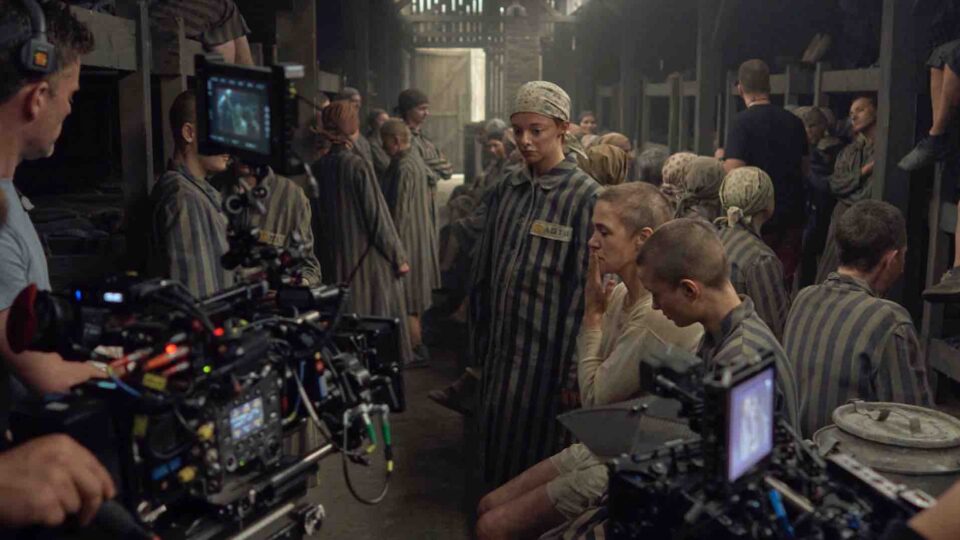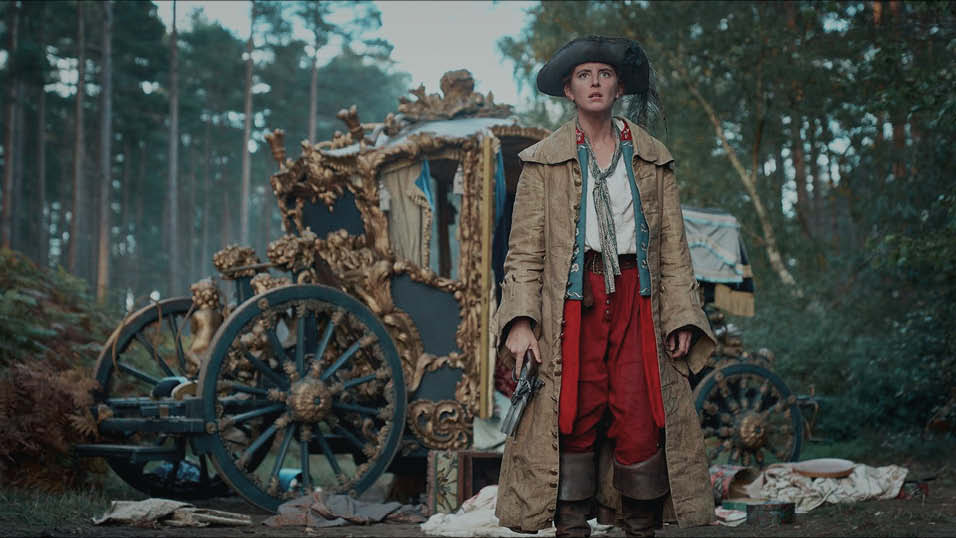 The Director of BBC England on BBC Bristol as it celebrates its 80th birthday
The Director of BBC England on BBC Bristol as it celebrates its 80th birthday
It’s the cornerstone of one of the most creative communities in Britain but the BBC’s founding 80 years ago in Bristol began innocuously enough.
A team of three first took up an office above a bank in swanky Clifton in 1931. A year later, Gerald Daly, a BBC engineer visiting Bristol was at a petrol station, when he spotted that a building on Whiteladies Road was up for sale. With no agent on hand he entered through the coal cellar window for a quick inspection. That’s old style BBC initiative for you – these days Gerald would still be filling in the health and safety forms.
The property was bought and in September 1934, BBC Bristol’s Broadcasting House was formally opened by the Lord Mayor – at the time with the largest studio outside London. I produced many shows in it myself.
Fast forward 80 years and what we have now on Whiteladies Road, Bristol one of the best known media addresses in the UK. Its growth is simply astonishing: BBC Bristol is a major international centre for network production. And it just keeps growing, alongside some key indies too – from Icon Films to Tigress, Love West to RDF Productions.
When I worked there in the early 1990s, first in the Natural History Unit and then as boss of the factual department, BBC Bristol was only half today’s size. Though it was full of innovation even then – fusing together poetry and documentary in Words on Film; discovering fledgling film makers In Ten by Ten; commissioning brilliant Bristol independent companies – like Steve Humphries’ Testimony Films and David Parker’s Available Light; and working with Aardman Animations on their first Wallace and Gromit film for the BBC, The Wrong Trousers.
Even then the BBC was a catalyst for much Bristol creativity.
For the next financial year alone we expect to produce nearly 500 hours of network television output, worth over 70 million pounds in programme budgets. I doubt any other European city can claim such a public service payback – when considering their size and scale. This city is disproportionately creative – it’s in the water, beer, cider, whatever.
Naturally, this spend is essential to our staff but also great news for the city’s brilliant army of specialists – specialist camera crews, editors, producers, musicians, researchers and many others who help make not only ours but also programmes made by the city’s independent producers, many of whom trained with us or developed their careers with the BBC, starting out on Points West or BBC Radio Bristol.
This success has been happening for so long it’s now become gloriously organic – though its principal wellspring was a BBC corporate decision 60 years ago to make it the centre for natural history expertise – a much earlier example of the kind of social engineering that led to the likes of MediaCity in Salford.
Now for my own confession. When I ran the BBC’s UK-wide in-house production business I proposed that Casualty should move to become a core part of Cardiff’s drama centre, given we were tasked to ensure that what’s now the home of Doctor Who and co could flourish. Our new Welsh base needed strong foundations too. Many in Bristol worried that the move spelled the beginning of the end of the BBC’s commitment to the city and the West.
At the time we explained that the reason for the move was that the BBC wanted to strengthen Bristol’s factual production. Casualty, in reality, was produced by London’s drama department and sat in splendid isolation on a trading estate just across the river in St Philips.
By the way we said the loss of Casualty wouldn’t be the end of BBC drama in Bristol. Mistresses, Being Human, Inside Men and Frankie are just some of the drama series shot in Bristol since then. This is a handsome city and it’s always going to be a favourite for drama teams.
Over the past couple of years, we have moved even more factual production to Bristol. Programmes like Countryfile, Gardeners’ World, the Chelsea Flower Show and the Sky at Night have now joined Bristol’s popular programmes – DIY SOS, the Antiques Roadshow, Deadly 60, Wild, Springwatch, Natural World and the many NHU blockbuster series like Frozen Planet, Wild Arabia and Africa. The Natural History Unit has never been more buoyant or more celebrated. It felt wonderful recently when iconic presenter Sir David Attenborough was given the freedom of the city. It made us all puff out our chests with pride and he is back here in October launching his new epic NHU BBC1 series Life Stories.
Recently even the Hairy Bikers joined the ever growing food-based radio and television programmes produced by BBC Bristol, including the revival of Food & Drink.
With similar additions to network radio, Bristol is now by far the best BBC centre for nature, environment and rural factual output – a world renowned centre of expertise. Perhaps a perfect fit for Britain’s first ever European Green capital.
This year – very much led by our radio teams- we helped launch the 11-day initiative Bristol Food Connections, born out of our five year partnership with the city to drive much stronger engagement between the BBC in Whiteladies Road and local people – helping with the development of new technology for the digital era, collaborative creative projects and the opening up of the creative industry to the widest possible talent pool through outreach and education initiatives. We’re already planning events together for next year when Bristol goes Green.
Our short celebratory season of events to reflect an astonishing eight decades is called BBC Bristol at 80, but the spirit of its host city keeps this octogenarian youthful and energetic and much looking forward to a bright digital future.
Peter Salmon
Share this story

















